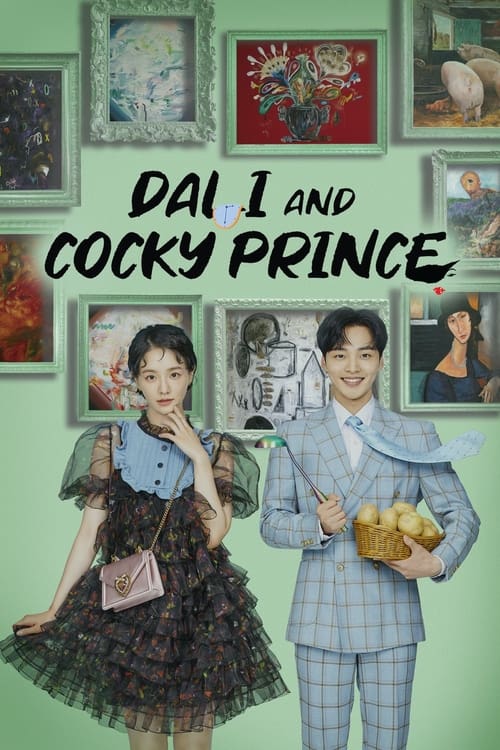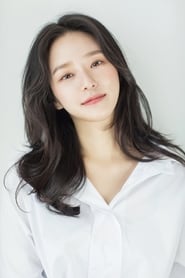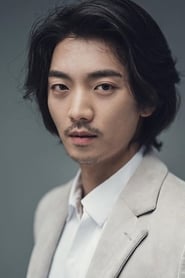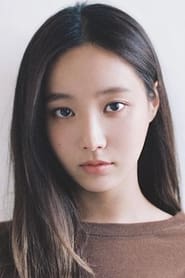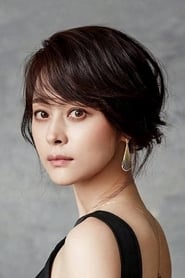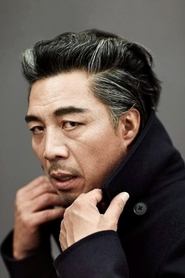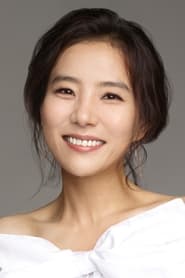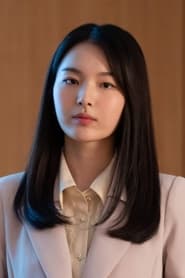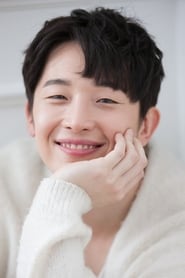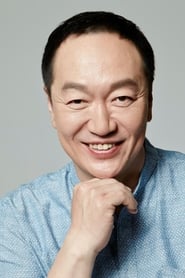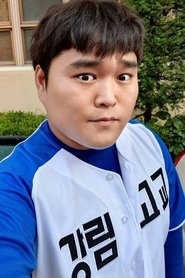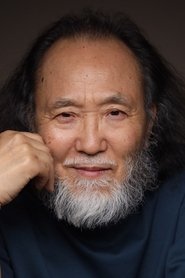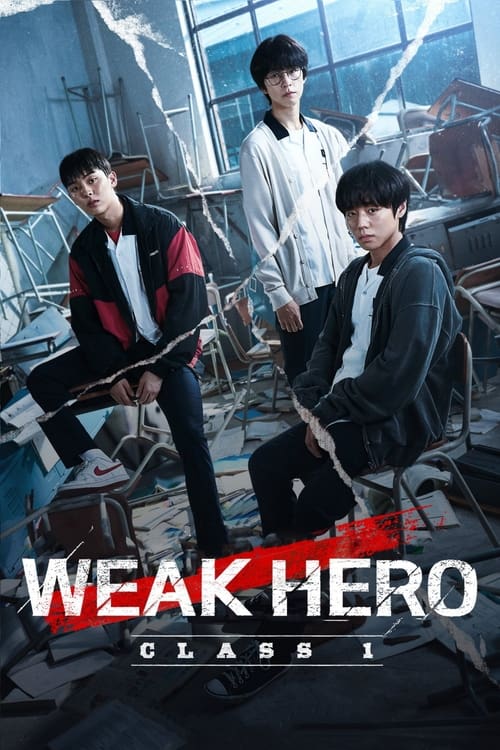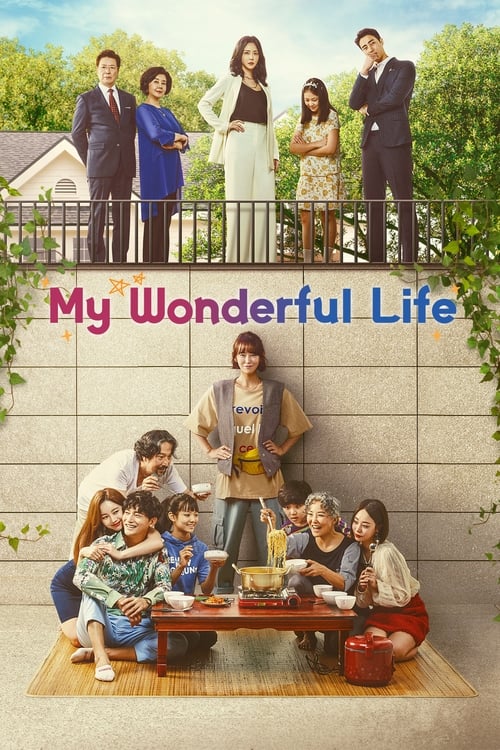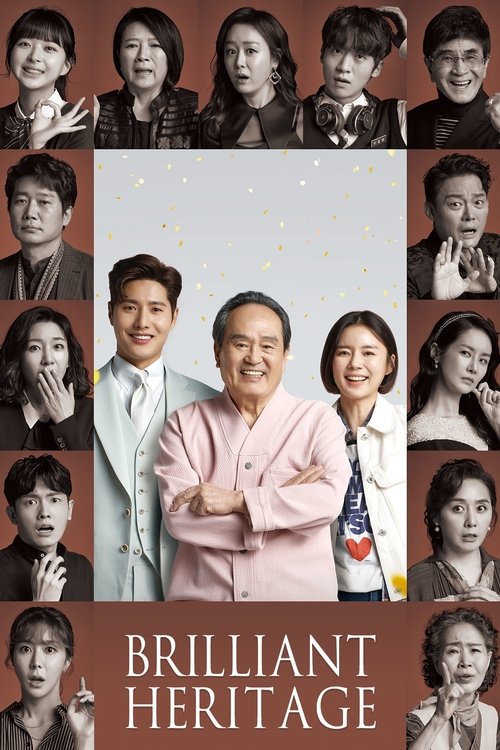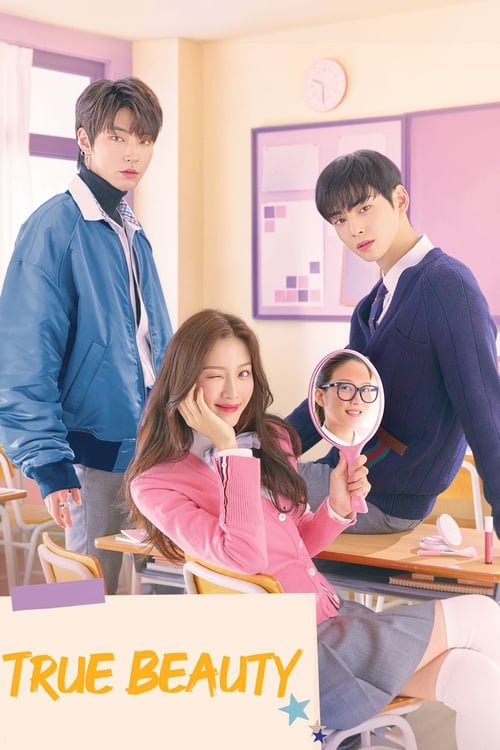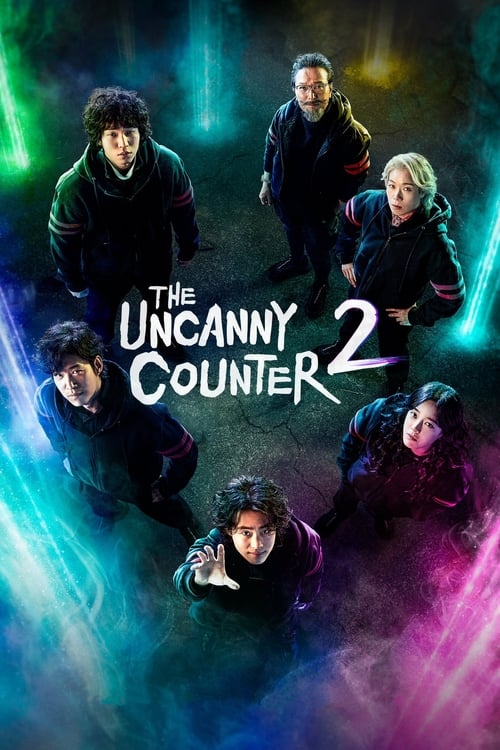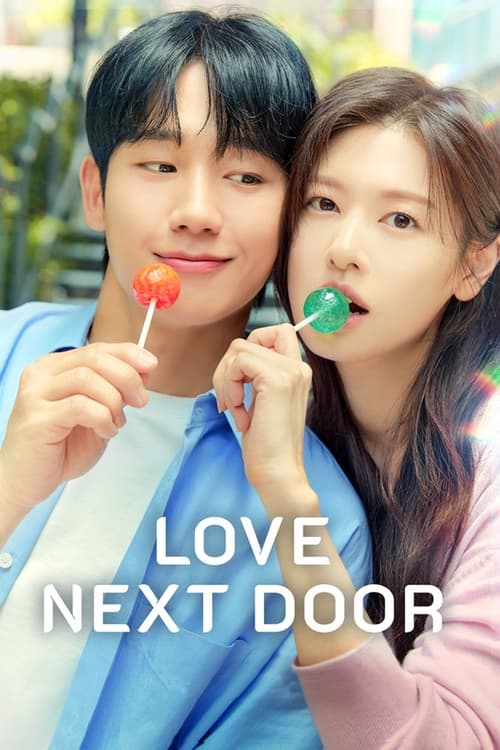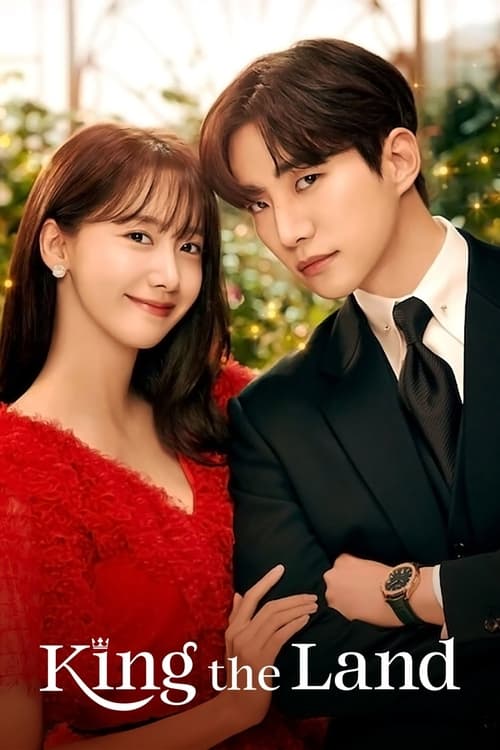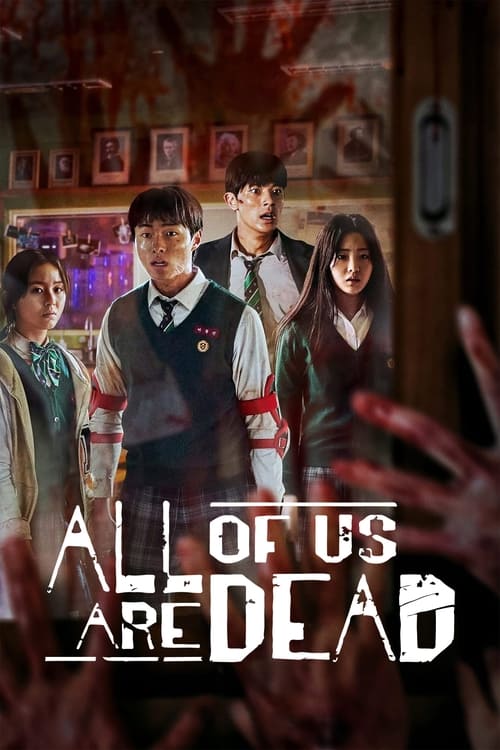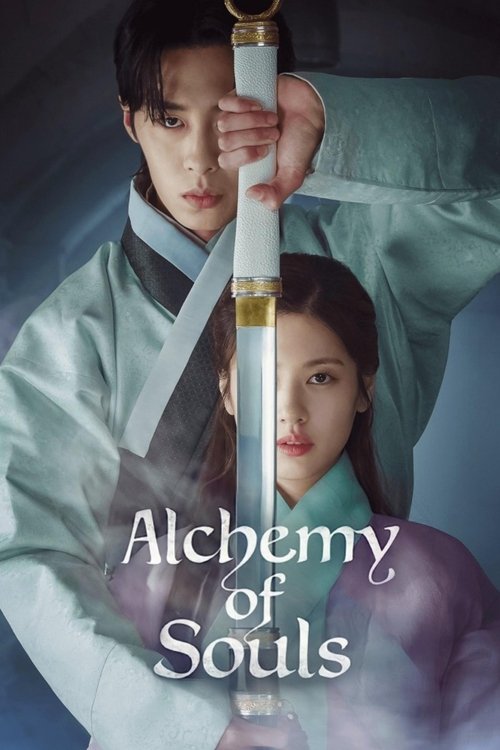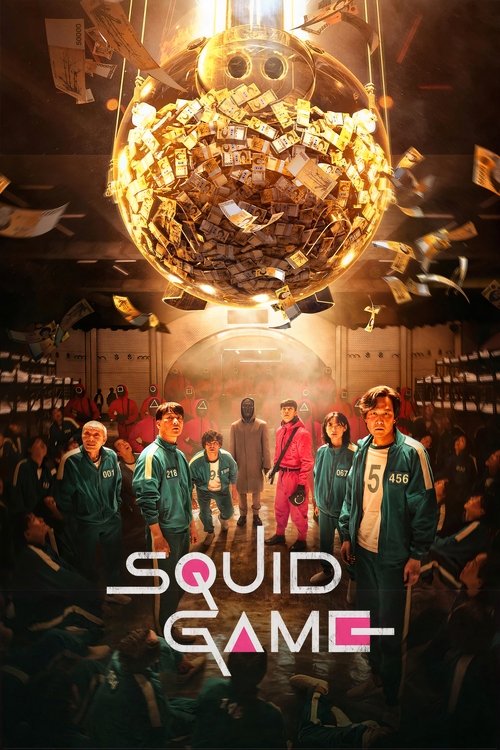
Ask Your Own Question
What is the plot?
The story begins with Kim Dali, a talented art curator, who is preparing for a major exhibition at her family's art gallery. She is dedicated to her work and has a strong passion for art, but she struggles with the pressure of her family's expectations and the financial difficulties facing the gallery. Dali's life takes a turn when she encounters Jin Mu-chan, a brash and confident man who runs a successful meat restaurant. Their first meeting is marked by a clash of personalities, as Dali finds Mu-chan's cocky demeanor irritating, while he is immediately drawn to her beauty and intelligence.
As the plot unfolds, Dali's family faces a crisis when they discover that their gallery is in danger of being sold due to debts. Dali is determined to save the gallery and begins to seek out potential investors. Meanwhile, Mu-chan, who has a hidden talent for art, becomes increasingly interested in Dali and her work. He decides to help her, despite their initial antagonism. This leads to a series of comedic and heartfelt interactions as they navigate their differences and begin to understand each other better.
Dali's relationship with her family becomes strained as they pressure her to marry a wealthy suitor, which she resists. She is torn between her duty to her family and her desire to pursue her own dreams. Mu-chan, sensing her struggles, offers his support and encouragement, which deepens their bond. They begin to collaborate on a project that combines art and food, showcasing their unique talents and bringing them closer together.
As the exhibition date approaches, Dali faces numerous challenges, including sabotage from a rival curator who wants to undermine her efforts. Mu-chan stands by her side, using his connections and resources to help her overcome these obstacles. Their partnership grows stronger, and they start to develop romantic feelings for each other, though both are hesitant to admit it.
In a pivotal moment, Dali discovers that Mu-chan has been hiding his own insecurities and past struggles, including his humble beginnings and the challenges he faced in the restaurant industry. This revelation brings them even closer, as Dali realizes that they both share a desire to prove themselves and succeed in their respective fields.
The climax of the story occurs during the exhibition, where Dali's hard work pays off. The event is a success, attracting attention from art critics and potential buyers. However, just as things seem to be going well, a major crisis arises when a piece of art goes missing, threatening to ruin the exhibition. Dali and Mu-chan work together to solve the mystery, showcasing their teamwork and commitment to each other.
In the aftermath of the exhibition, Dali's family begins to recognize her talent and dedication, leading to a reconciliation. Mu-chan, having gained confidence from his experiences with Dali, decides to expand his restaurant business and pursue his passion for art more seriously. The two of them finally confess their feelings for each other, solidifying their relationship.
The series concludes with Dali and Mu-chan embarking on a new journey together, both personally and professionally. They have learned to support each other's dreams and have found a balance between their individual aspirations and their relationship. The final scenes depict them happily working side by side, ready to face whatever challenges come their way, united in their love and shared goals.
What is the ending?
In the ending of "Dali & Cocky Prince," the story culminates with the resolution of the romantic tension between the main characters, Jin Mu-chan and Kim Dali. After overcoming various misunderstandings and challenges, they finally confess their feelings for each other. The series concludes with a hopeful note, showcasing their commitment to each other and their future together.
As the final episodes unfold, we see Jin Mu-chan, played by the charismatic Kim Min-jae, grappling with his feelings for Kim Dali, portrayed by the elegant Park Gyu-young. The tension between them has been palpable throughout the series, marked by their contrasting personalities--Mu-chan's brash confidence and Dali's refined sensibility.
Scene 1: The Art Gallery The final scenes take place in the art gallery where Dali has been working. The atmosphere is charged with anticipation as the gallery prepares for a significant exhibition. Dali is seen arranging the artwork, her hands delicately touching the frames, her expression a mix of excitement and anxiety. She is aware that this exhibition is not just a professional milestone but also a personal one, as it represents her journey of self-discovery and her relationship with Mu-chan.
Scene 2: The Confrontation As the exhibition approaches, Mu-chan arrives at the gallery, his demeanor a blend of determination and vulnerability. He finds Dali amidst the artwork, and the air thickens with unspoken words. They engage in a heartfelt conversation where Mu-chan finally lays bare his feelings. He admits his fears of losing her and the insecurities that have plagued him throughout their relationship. Dali, touched by his honesty, reciprocates, revealing her own struggles with vulnerability and her deep affection for him.
Scene 3: The Confession In a pivotal moment, Mu-chan takes Dali's hands in his, his voice steady yet filled with emotion. He confesses that she has changed his life in ways he never anticipated, and he cannot imagine a future without her. Dali, her eyes glistening with tears, acknowledges the impact he has had on her life as well. They share a passionate kiss, sealing their commitment to one another. This moment is visually striking, framed by the backdrop of the art gallery, symbolizing the merging of their worlds.
Scene 4: The Future The series concludes with a montage of scenes depicting their life together post-confession. We see them supporting each other in their respective careers--Dali thriving in the art world and Mu-chan continuing to grow in his culinary endeavors. They are shown attending art exhibitions, cooking together, and enjoying quiet moments that reflect their deepening bond. The final shot captures them walking hand in hand, a symbol of their united front against the challenges of life.
In the end, Jin Mu-chan and Kim Dali find happiness together, having navigated their individual struggles and the complexities of their relationship. The series closes on a hopeful note, emphasizing themes of love, personal growth, and the importance of vulnerability in relationships. Each character, including supporting roles, finds resolution in their arcs, contributing to the overall message of the series about the transformative power of love and understanding.
Is there a post-credit scene?
In the 2021 drama "Dali & Cocky Prince," there is no post-credit scene. The series concludes with a satisfying wrap-up of the main characters' arcs and relationships, leaving viewers with a sense of closure. The final moments focus on the growth and development of the protagonists, Dali and Jin Mu-chan, as they navigate their feelings for each other and their respective futures. The absence of a post-credit scene allows the audience to reflect on the journey of the characters without any additional cliffhangers or surprises.
What role does the art gallery play in the development of the plot?
The art gallery serves as a central setting in 'Dali & Cocky Prince,' symbolizing Dali's passion and the intersection of her personal and professional life. It is where many pivotal moments occur, including Dali's exhibitions and her interactions with Jin Mu Hak. The gallery represents Dali's aspirations and her connection to her family's legacy, while also being a space where she can express her true self. Throughout the series, the gallery becomes a battleground for various conflicts, including rivalries with other art curators and the challenges of maintaining the gallery's reputation. The art pieces displayed often reflect the emotional states of the characters, serving as metaphors for their struggles and growth. As Dali navigates her career and her relationship with Jin Mu Hak, the gallery becomes a backdrop for her journey of self-acceptance and artistic expression.
What is the relationship between Dali and Jin Mu Hak throughout the series?
Dali and Jin Mu Hak's relationship evolves significantly throughout the series. Initially, they are portrayed as opposites; Dali is a refined art curator with a sophisticated background, while Jin Mu Hak is a brash and confident heir to a meat restaurant. Their first encounters are marked by misunderstandings and clashes due to their contrasting personalities. However, as the story progresses, they begin to understand and appreciate each other's strengths and vulnerabilities. Dali's artistic sensibilities help Jin Mu Hak grow beyond his business-oriented mindset, while Jin Mu Hak's straightforwardness and determination inspire Dali to confront her own insecurities. Their relationship deepens as they face various challenges together, including family pressures and personal ambitions, ultimately leading to a romantic bond that highlights their growth as individuals.
How does Dali's family background influence her character development?
Dali's family background plays a crucial role in shaping her character throughout the series. Coming from a wealthy family with a strong emphasis on art and culture, Dali is initially portrayed as someone who is somewhat sheltered and struggles with the expectations placed upon her. Her family's legacy in the art world creates a pressure to succeed and maintain their reputation. This background leads to her internal conflict, as she grapples with her desire to pursue her passion for art while also wanting to break free from her family's constraints. As the series progresses, Dali learns to assert her independence, confront her family's expectations, and embrace her identity as an artist. This journey of self-discovery is marked by emotional struggles, particularly when she faces disapproval from her family regarding her relationship with Jin Mu Hak, who comes from a different social class.
What challenges does Jin Mu Hak face in his business, and how do they affect his relationship with Dali?
Jin Mu Hak faces several challenges in his business, primarily stemming from his desire to expand his family's meat restaurant while also proving himself as a capable leader. His brash and confident demeanor often leads him to make impulsive decisions that create tension with his employees and family. As he navigates these challenges, he struggles with the expectations of his family and the pressure to succeed in a competitive market. These business challenges often spill over into his relationship with Dali, as he sometimes prioritizes work over their budding romance, leading to misunderstandings and conflicts. However, these struggles also serve to deepen his character, as he learns the importance of balancing his ambitions with personal relationships. Dali's support and understanding help him grow, ultimately allowing him to become a more empathetic and responsible partner.
How does the theme of class differences manifest in the interactions between Dali and Jin Mu Hak?
The theme of class differences is a significant element in the interactions between Dali and Jin Mu Hak. Dali, coming from a wealthy and cultured background, often embodies the refined tastes and expectations of her social class. In contrast, Jin Mu Hak, who hails from a working-class family, represents a more straightforward and pragmatic approach to life. Their initial interactions are marked by misunderstandings and cultural clashes, as Dali's sophisticated demeanor sometimes alienates Jin Mu Hak, while his brashness can be off-putting to her. As their relationship develops, these class differences create tension, particularly when Dali's family disapproves of her relationship with someone from a different social standing. However, the series ultimately portrays their love as transcending these barriers, highlighting how they learn from each other and grow as individuals despite their differing backgrounds.
Is this family friendly?
"Dali & Cocky Prince" is generally considered a romantic comedy that is family-friendly, but it does contain some elements that may be sensitive for children or more sensitive viewers. Here are a few aspects to consider:
-
Romantic Themes: The show revolves around a romantic relationship, which includes moments of flirtation and emotional tension that may not be suitable for younger audiences.
-
Class Disparities: The narrative explores themes of class differences and social status, which may lead to discussions about wealth and privilege that could be complex for younger viewers to understand.
-
Family Dynamics: There are scenes that depict familial conflicts and misunderstandings, which could be emotionally charged and might resonate with viewers who have experienced similar issues.
-
Mild Language: There are instances of mild language and expressions that may not be appropriate for all children.
-
Emotional Struggles: Characters face personal challenges and emotional struggles, including feelings of inadequacy and insecurity, which could be upsetting for sensitive viewers.
Overall, while the show is light-hearted and comedic, these elements may require parental guidance for younger audiences.

